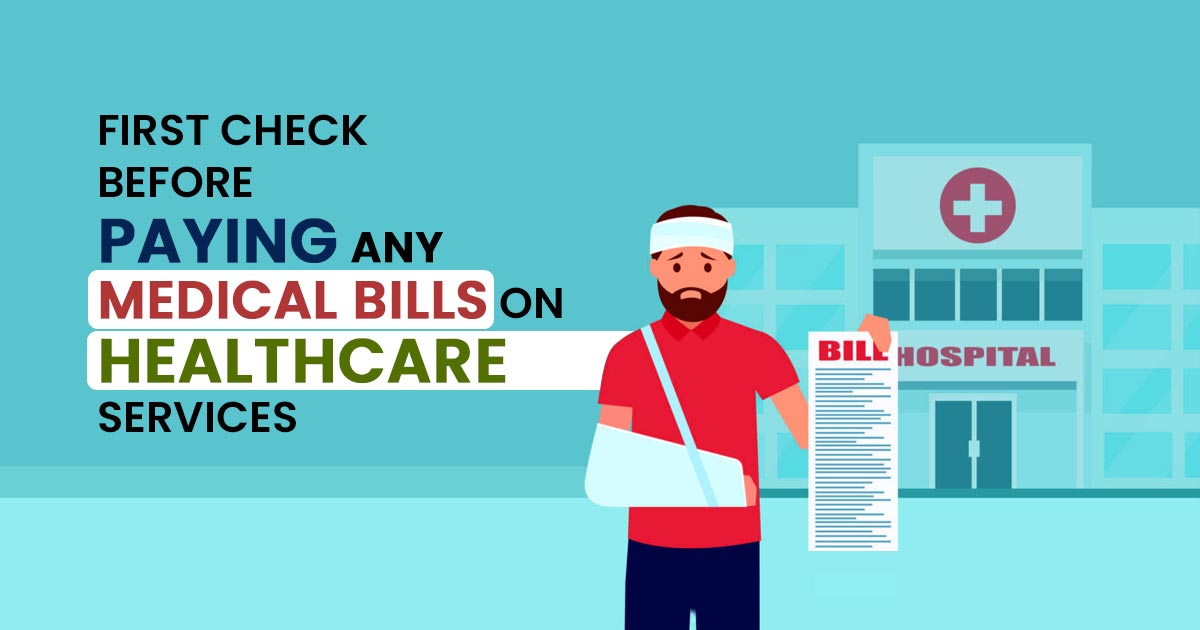
Due to substandard government-operated hospitals and a shortage of doctors, healthcare has become a significant industry in India. The proliferation of numerous corporate hospitals and small nursing homes across the nation means that seeking treatment is largely a matter of personal choice and financial means.
As of July 2022, hospitals have been brought under the scope of the GST taxation system. However, patients should be cautious if they notice GST added to their final bill upon discharge, as not all healthcare services are subject to this tax.
To navigate this, understanding what falls within the purview of GST and which healthcare services are exempt is crucial.
Healthcare services provided by clinical establishments, authorized medical practitioners, or paramedics are exempt from GST. Nonetheless, this exemption does not apply to services involving the provision of a room (excluding intensive care unit (ICU)/critical care unit (CCU)/neonatal intensive care unit (NICU)) by a clinical establishment that exceeds Rs 5,000 per day. Moreover, no input tax credit (ITC) under GST can be claimed on these hospital room services.
Medical consultations and treatments administered to patients in the Outpatients Department (OPD) without requiring admission to a hospital or clinical establishment are not subject to GST.
Inpatient services, inclusive of doctors’ fees, consultancy charges, as well as the supply of medicines, implants, consumables, bed charges, operation theatre rent, equipment charges, etc., fall under a GST-exempt composite supply. However, if medicine and food are provided on an optional and distinct basis, GST applies.
Medical tests conducted within clinical establishments do not incur any GST.
The services provided by blood banks for preserving stem cells are also exempt from GST.
Important: GST on Medicines and Medical Supplies in India
Healthcare services encompassing patient transportation in an ambulance are likewise exempt from GST imposition.
Treatment provided by veterinary clinics for animals or birds is exempted from GST.
Additionally, not all medical items and supplies attract the same GST rate. It’s important to note that in India, human blood and its components used in medicine, contraceptives of all kinds, as well as sanitary napkins or tampons, are exempt from GST.
Products and Medications Subject to 5% GST
Vaccines derived from human or animal blood, insulin, oral rehydration salts, diagnostic kits for detecting various hepatitis types, medications such as Dopamine, Penicillamine, Influenza Vaccine, Protamine, BCG vaccine, Streptomycin, Pyrazinamide, Hydrocortisone, Quinine, alongside 200+ other specified drugs, artificial kidneys, disposable sterilized dialyzers or micro barriers for artificial kidneys, artificial limbs, orthopaedic devices including crutches, surgical belts, and trusses, splints, fracture appliances, artificial body parts, components of wheelchairs, tricycles, braillers, crutches, walking frames, coronary stents and stent systems used with cardiac catheters, ostomy appliances, infant milk food, and COVID-19 diagnostic test kits.
Recommended: Revised GST Slab Rates in India FY 2023-24 by GST Council
12% Goods and Services Tax (GST) Rate on Medical Products
Animal blood used for therapeutic, prophylactic, or diagnostic purposes, antisera, blood fractions, modified immunological products, toxins, microorganism cultures (excluding yeasts), medicaments from ayurvedic, homeopathic, unani, siddha, or biochemic systems, wadding, bandages, gauze, tooth powder, feeding bottles and their nipples, surgical and medical examination rubber gloves, X-ray machines, dental and veterinary apparatus, contact lenses, spectacle lenses, corrective spectacles, blood glucose monitoring systems (glucometer) with test strips, medical-grade oxygen Concentrators, and medical-grade hydrogen peroxide.
It’s important to note that no pharmaceutical products or medicines are subject to a 28% GST.
When you’re admitted to a private hospital next time, it’s essential to review the GST rates applied to your bill during the discharge process.










જો કોઈ હોસ્પિટલ બિલ ઉપર ટોટલ 18ટકા જીએસટી લિયે તો કોને ફરીયાદ કરવી? પોલીસ સ્ટેશન ફરીયાદ કરાય જીએસટી ઓફિસે